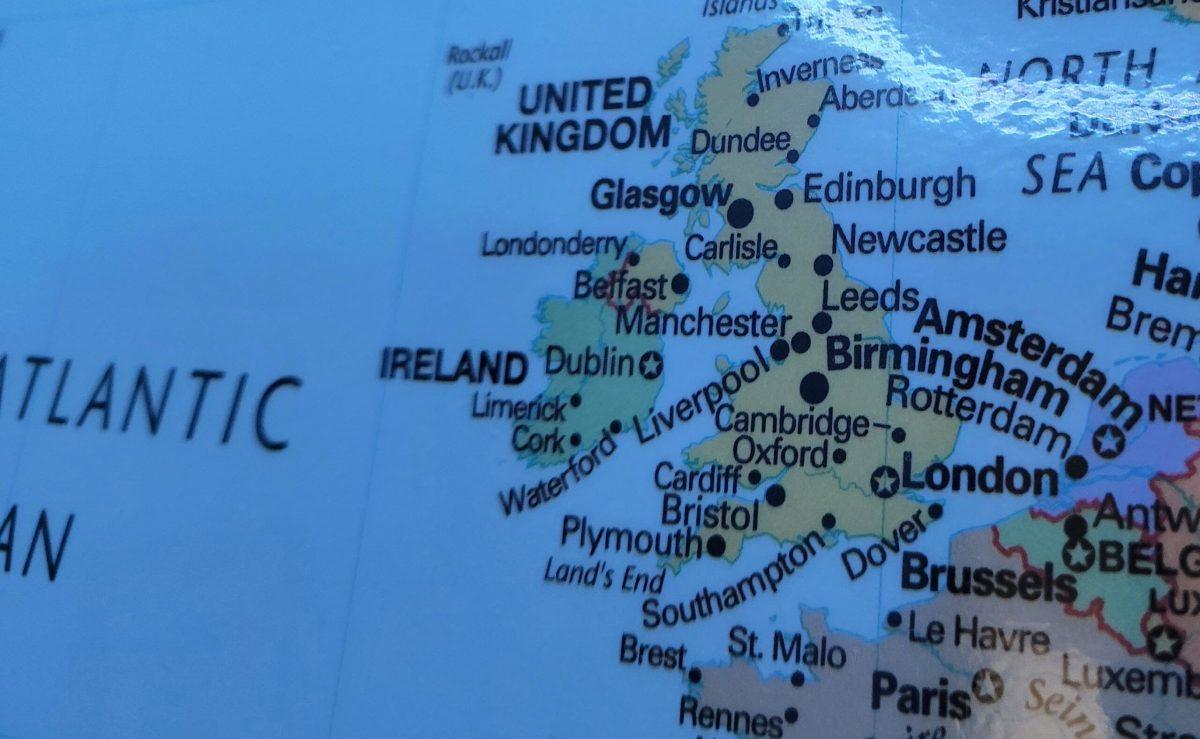There is no doubt that the hundreds of thousands of protesters flooding Tahrir Square in Cairo for the last several weeks have much to be upset about. Unemployment is high, economic growth is low and they are living, for the time being anyway, under a dictator of 29 years who has strongly repressed political dissent.
Despite having good relations with the Mubarak regime, President Barack Obama and Secretary of State Hillary Clinton have recently been highly vocal about the need for true democracy in Egypt. According to a written statement issued by President Obama on Thursday, “The Egyptian government must put forward a credible, concrete and unequivocal path toward genuine democracy, and they have not yet seized that opportunity.”
While the protesters are certainly right in pressing for increased democracy, there are economic concerns that cannot be solved solely through democratic reforms. These must also be addressed in order to achieve true stability.
Indeed, in Egypt and the broader Middle East, a reliance on government to provide for the economic needs of the people is contributing to the volatility of the situation. Consequently, democratic reforms need to be coupled with increased economic freedom that relies less on the government.
When unemployment is high in the U.S., people tend to get frustrated with the government and expect it to simply “do something” to create jobs. We’ve seen this for the last two years as our country has attempted to recover from a financial crisis.
This same sentiment is seen in Egypt, though the feelings have been magnified by the extremity of conditions there. According to David Wessel and Chip Cummins of the Wall Street Journal, “Unemployment among the young, of all education levels, is particularly pronounced. In Egypt, according to the most recent IMF data, overall unemployment was 8.9%—but stood at 25.4% among those under age 25.”
In addition, many nations in the region have focused on educating their people, prompting Wessel and Cummins to note that in recent years, “many Arab countries spent heavily on higher education.”
However, Wessel and Cummins also write that “Education has raised expectations and broadened world views.” But what kind of expectations?
A Reuters article by Yasmine Saleh, noted how “Hundreds of Egyptians demanding cheaper apartments rallied outside a government office” as part of the previous week’s protests. The article goes on to note that “The government has long promised to provide cheaper homes for Egyptians on low incomes as well better living conditions and more jobs across the board, but citizens had been largely resigned to the fact that it may never happen.”
It is also insightful to note that “70% of Egyptian workers work for the government,” according to Wessel and Cummins.
By now the problem should be abundantly clear: the people’s expectations all center on the government. The government is expected to provide for all the economic needs of its citizens, including education, good jobs and decent housing. Attempting to appease its people, the government promises to fulfill these needs. The unfortunate reality, however, is that government — whether Egyptian, Jordanian, Yemeni or American for that matter — cannot possibly fulfill such expectations.
Wessel and Cummins note that, “While China,” a notoriously oppressive regime, “and other booming economies were cultivating private sectors, Egypt clung stubbornly to a state-dominated model.” The result, as the world has seen over the last several weeks, has been catastropic for the regime. Wessel and Cummins cite the International Monetary Fund, noting that the “‘dominant role of the public sector as an employer’ — particularly in Egypt, but throughout the region — has inflated the graduates’ wage expectations, put a premium on diplomas over useful skills and diverted talented workers from what might have been more dynamic private-sector enterprises.”
Instead of realizing their failure, Arab governments have been more vocal than ever about fixing their respective nations’ economic problems. Alistair Lyon of Reuters writes, “From Morocco to Yemen, many Arab leaders have acted swiftly to assuage popular anger over economic gripes, creating funds for the poor, reversing subsidy cuts or raising salaries.”
These measures are well and good, but they ignore the fundamental problems with government-run economies such as the lack of incentive for private entrepreneurship.
For now, the people expect what cannot be, and governments promise what they cannot give.
While democratic reforms in Egypt and elsewhere in the Middle East could be beneficial, long-term stability will be difficult to attain as long as the region relies on state-run economies. Consequently, in order to achieve greater stability and prosperity, democratic movements must be accompanied by greater economic freedom and capitalistic reforms. This may require different measures in each nation, but it is clear that more than political democracy is needed in the Middle East.










